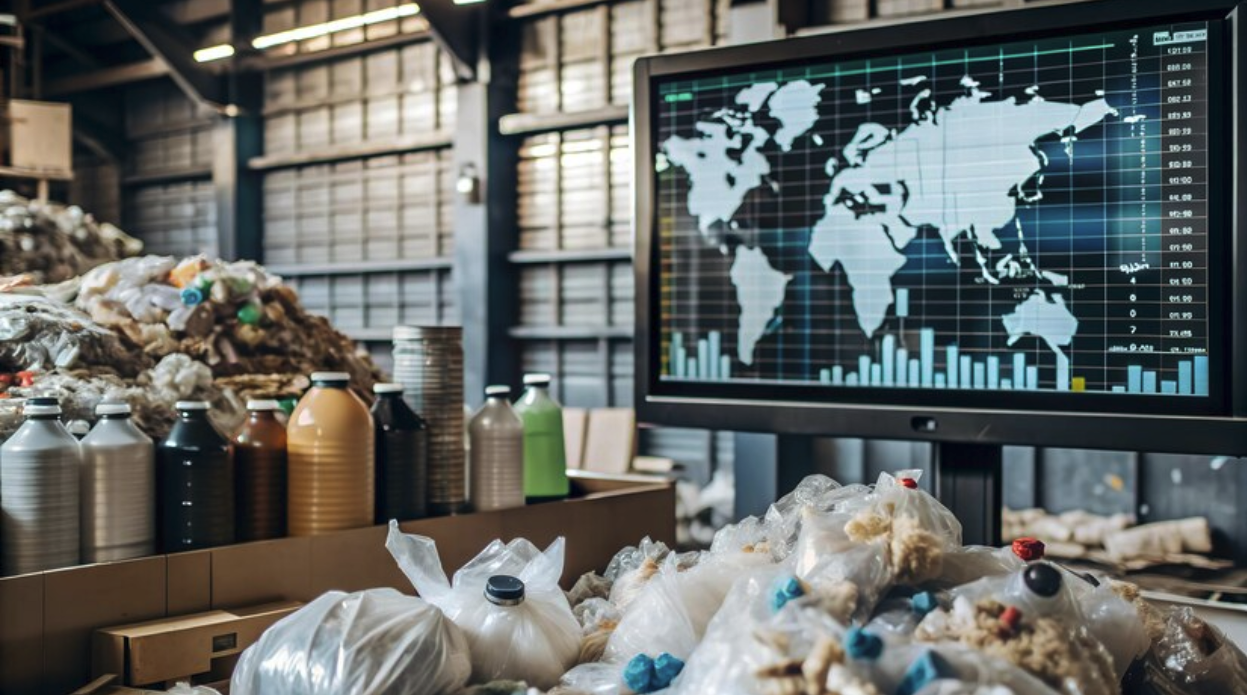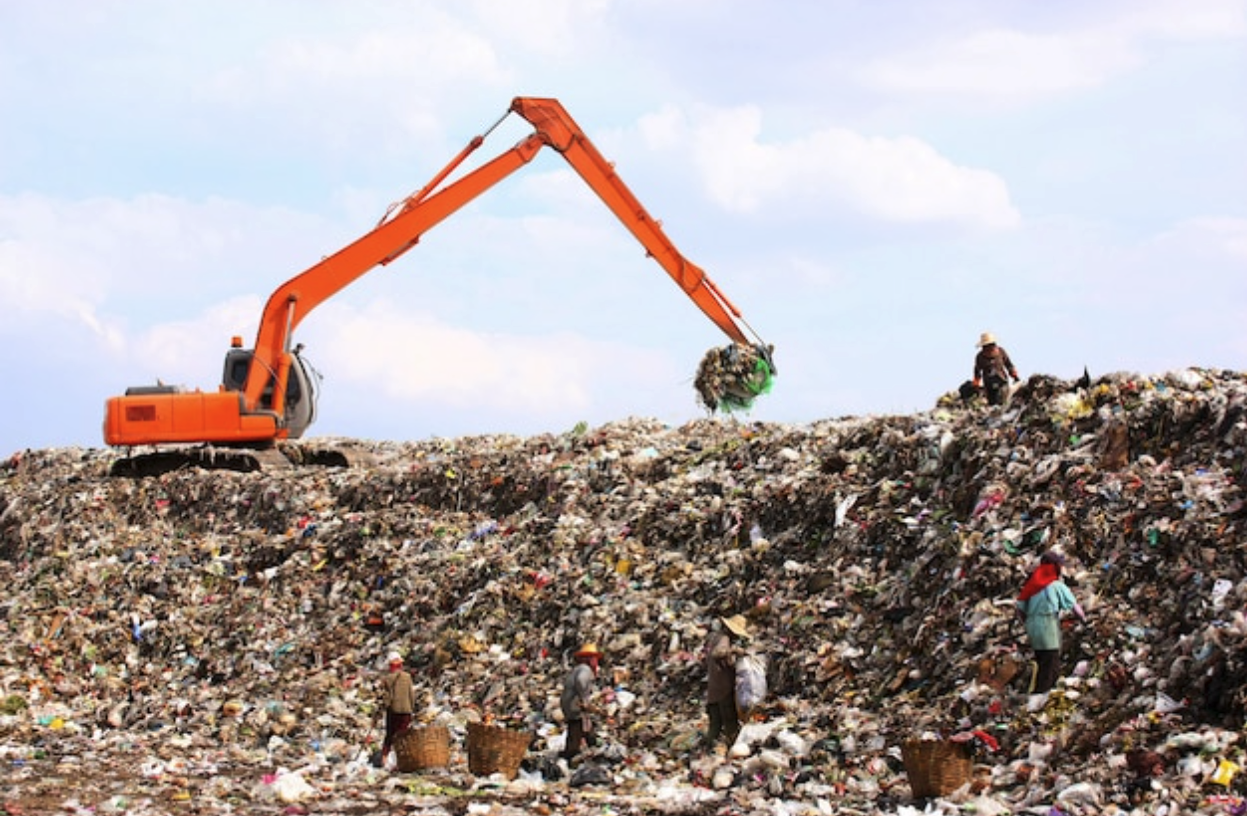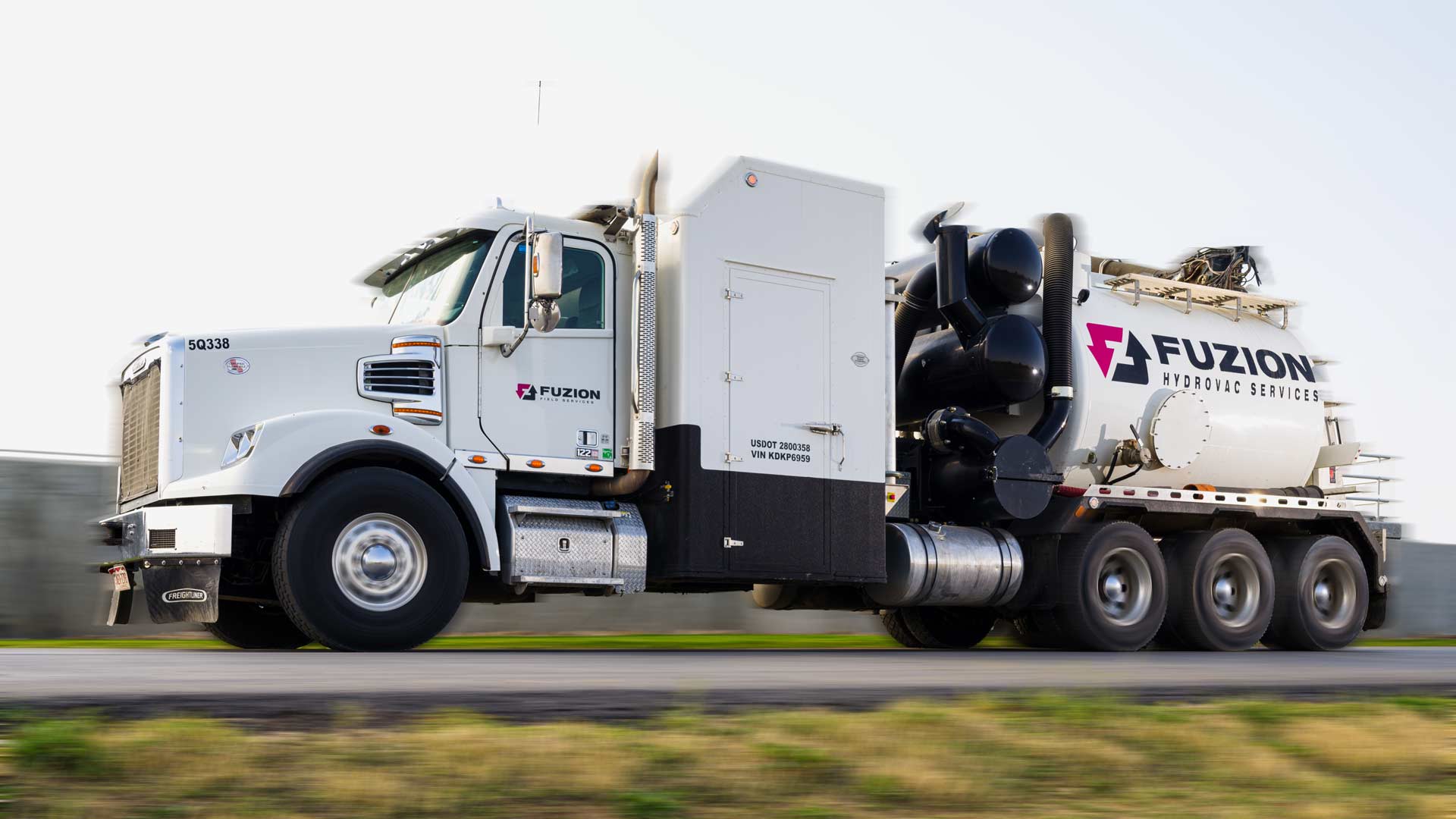Trending ESG Considerations for Landfill Management
- Blog
Environmental, Social, and Governance (ESG) factors are increasingly central to waste management practices. Companies must now integrate ESG considerations into their operations to meet the growing expectations of investors, regulators, and the public.
This article explores the latest trends in ESG related to waste management, with a particular focus on landfill management.
Overview of ESG in Waste Management
ESG stands for Environmental, Social, and Governance. In waste management, ESG encompasses practices that reduce environmental impact, promote social responsibility, and ensure ethical governance.
The waste management industry faces specific ESG challenges, including managing landfill emissions, enhancing waste diversion, and designing sustainable landfills.
Addressing these issues is crucial for achieving sustainability goals and maintaining regulatory compliance.
Major ESG Trends in Waste Management

ESG Technological Innovations
Technological innovations are revolutionizing ESG reporting and waste management practices. Advanced technologies such as artificial intelligence (AI), blockchain, and data analytics are being utilized to improve the accuracy, efficiency, and transparency of ESG reporting.
These tools enable real-time data collection and analysis, allowing companies to monitor their environmental impact more effectively and make informed decisions to enhance sustainability practices.
AI and Data Analytics
AI and machine learning algorithms can process vast amounts of data, identify patterns, and generate insights that were previously unattainable. Data analytics tools facilitate the integration and visualization of ESG metrics, enabling companies to communicate their sustainability performance more effectively.
Blockchain
Blockchain technology offers a secure and immutable way to track and verify ESG data, enhancing trust and accountability in reporting processes.
Measuring ESG Impact and Value
Measuring and valuing the impact of sustainability initiatives is gaining importance. Companies are adopting frameworks to assess the tangible benefits of their ESG efforts, such as reductions in greenhouse gas emissions and improvements in community well-being.
This approach helps companies demonstrate the value created by their ESG practices, enhancing transparency and accountability.
Impact Measurement Frameworks
These frameworks involve evaluating the social, environmental, and economic outcomes of sustainability initiatives. Companies may quantify the reduction in greenhouse gas emissions, the improvement in employee well-being, or the positive impact on local communities.
Valuation of ESG Initiatives
By providing a more comprehensive assessment of their ESG performance, companies can better communicate their contributions to stakeholders and build trust.
Embracing Circular Economy for Waste Reduction
The circular economy model focuses on reusing resources to decrease byproducts, promoting sustainability and reducing costs. Companies are planning material sourcing, manufacturing, and distribution to utilize fewer resources and repurpose old assets.
Strategies for Waste Reduction
Implementing recycling and composting facilities, public awareness campaigns, and stakeholder engagement initiatives are crucial for promoting waste reduction and recycling practices.
Circular Economy Benefits
This approach not only reduces costs but also promotes sustainable living standards by providing better consumables at lower prices.
ESG Strategies for Landfill Management

Strategies to Reduce Landfill Emissions
Landfill sites are significant sources of greenhouse gas emissions, particularly methane. Companies are adopting strategies to capture and utilize landfill gas for energy production, reducing emissions and generating renewable energy. Advanced monitoring technologies are also being used to track emissions and implement corrective measures.
- Landfill Gas Capture: Techniques for capturing and utilizing landfill gas can significantly reduce methane emissions and contribute to renewable energy production.
- Monitoring Technologies: Continuous monitoring of emissions helps ensure compliance with environmental standards and enables timely corrective actions.
Increasing Waste Diversion Rates
Increasing waste diversion rates from landfills is a critical ESG goal. Companies are investing in recycling and composting facilities to divert waste from landfills. Public awareness campaigns and stakeholder engagement initiatives are also crucial in promoting waste reduction and recycling practices.
- Recycling and Composting Facilities: Investments in these facilities help reduce the amount of waste sent to landfills and promote sustainable waste management practices.
- Stakeholder Engagement: Engaging with stakeholders through public awareness campaigns is essential for promoting waste reduction and recycling initiatives.
Designing Sustainable Landfills
Innovative landfill designs that minimize environmental impact are being developed. These designs include advanced liners and covers to prevent leachate contamination and systems to capture and treat landfill gas. Sustainable landfill management practices also involve continuous monitoring and maintenance to ensure compliance with environmental standards.
- Advanced Liners and Covers: These technologies help prevent leachate contamination and reduce the environmental impact of landfills.
- Gas Treatment Systems: Systems to capture and treat landfill gas are crucial for reducing greenhouse gas emissions and ensuring environmental compliance.
Navigating ESG Regulations and Compliance

Evolving ESG regulations globally are significantly impacting the waste management industry. Companies must stay ahead of these regulations to effectively manage risks and seize opportunities.
Global ESG Regulations
New laws and guidelines are being introduced to address various ESG aspects, including climate-related disclosures, human rights, and supply chain due diligence. Companies must stay informed about these regulations to ensure ESG compliance and mitigate risks.
Compliance Strategies
Implementing robust compliance strategies helps companies manage regulatory risks and capitalize on sustainability opportunities.
3 Advantages of Robust ESG Practices in Waste Management
Adopting strong ESG practices in waste management offers multiple benefits that enhance a company’s overall performance and sustainability. These benefits include:
1. Investor Interest and Public Acceptance
Strong ESG performance attracts investors who are increasingly focused on sustainability. Additionally, companies committed to ESG principles are more likely to gain public trust and support, which enhances their reputation and market position.
2. Higher Returns and Lower Risks
Effective ESG strategies can lead to higher financial returns and reduced risks by promoting efficient resource use, compliance with regulations, and better risk management practices.
3. Long-term Sustainability
Implementing sustainable practices ensures the long-term viability and success of waste management operations, contributing to overall business resilience and environmental stewardship.
Partner with Fuzion for Sustainable Waste Management

Fuzion is committed to leading the way in sustainable waste management.
Explore our innovative solutions for industrial transportation, portable toilets and hydro excavation to achieve your ESG goals. Our services are designed to enhance efficiency, reduce environmental impact, and ensure compliance with the latest ESG regulations.
Contact us today for more information.